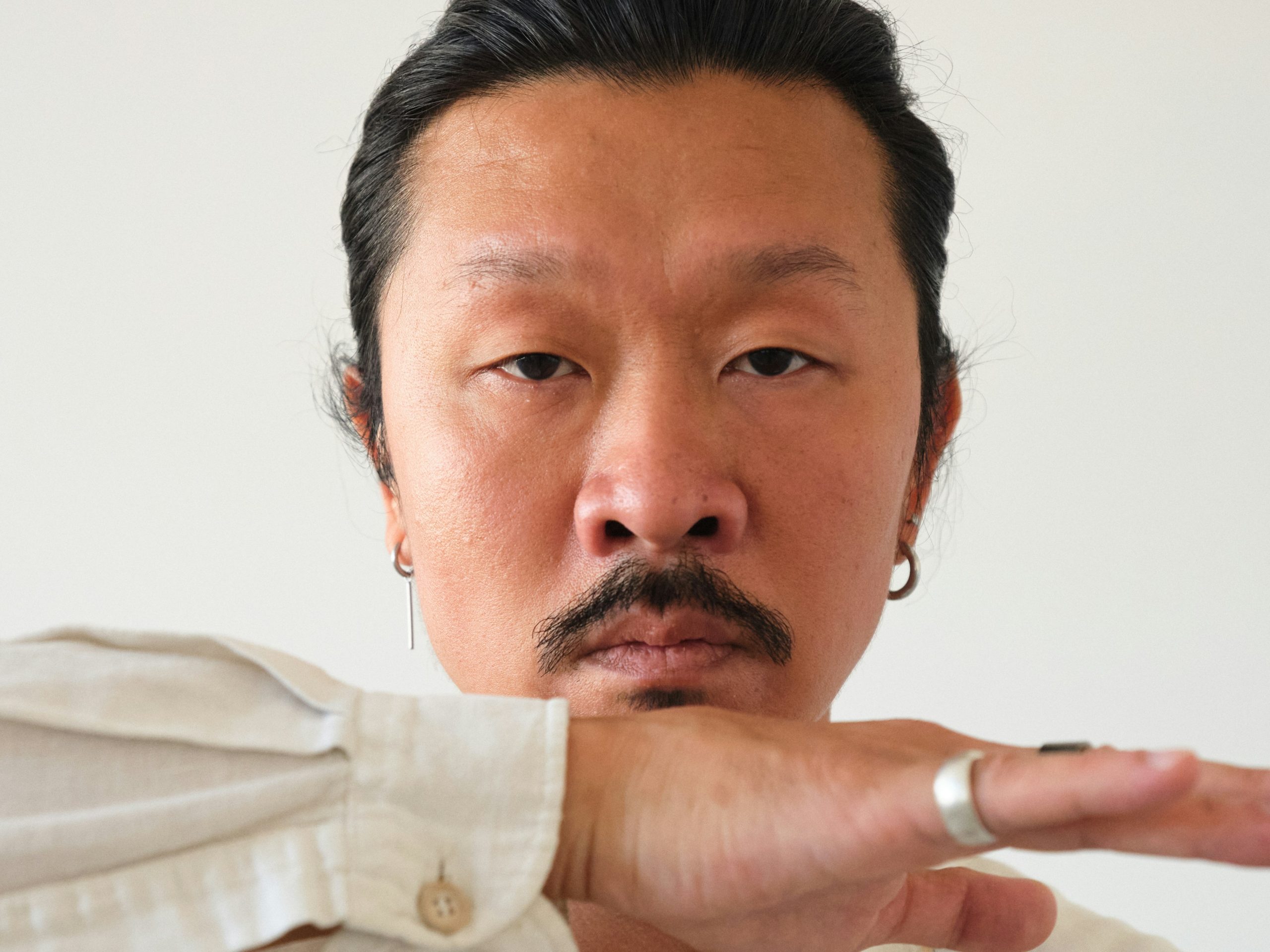Opening Notes from Traciana
If you’re here as part of the Best Self & Life Mini-Retreat, welcome to Day 5! This reflection is designed to help you integrate what you’ve discovered and anchor it in your daily life.
You know the feeling. You’ve just returned from that transformative retreat, completed an intensive wellness program, or finished a powerful cleanse. You’re glowing with new insights, armed with beautiful practices, and certain this time will be different.
Then life happens. Within days, the morning meditation disappears. Evening work emails creep back in. Your journal gathers dust. And that familiar voice whispers: See? You can’t stick to anything.
If you’ve ever felt the devastating letdown of watching your renewal slip away, you’re not alone. More importantly, it’s not your fault.
Why Your Retreat Glow Fades So Fast
Your self-care feels fragile not because you lack discipline, but because most systems aren’t designed to protect renewal.
The global wellness industry is booming—valued at over $4.4 trillion by the Global Wellness Institute. People invest thousands in retreats, cleanses, and transformative experiences. Yet there’s a glaring oversight: almost no one teaches you how to sustain change once you’re back home.
The statistics are sobering. According to the American Psychological Association, more than 70% of wellness program participants report increased stress and self-doubt within three months of trying to maintain new habits. The problem isn’t just that they stop meditating—it’s that they stop trusting themselves.
This isn’t a failure of willpower. It’s a structural problem. We live in societies that demand constant productivity while treating rest and renewal as luxuries. No wonder they’re so hard to protect.
When Self-Care Becomes Self-Sabotage
When your carefully crafted self-care routine crumbles, something deeper breaks down:
- Confidence erodes. Each abandoned ritual becomes “proof” that lasting change isn’t possible for you.
- Stress rebounds harder. Without anchors, your nervous system drifts back into chronic overload, often worse than before.
- Shame compounds. Instead of celebrating what you gained, you fixate on what you “lost,” creating a cycle of self-criticism that makes future attempts feel futile.
This cycle isn’t just disappointing—it’s destructive. It teaches you not to trust your own capacity for change.
How Other Cultures Make Renewal Last
Around the world, cultures have developed simple, powerful ways to help change stick:
- In Japan, tea ceremonies end with a bow—a subtle acknowledgment that this moment mattered.
- In West African traditions, gatherings close with a proverb to carry quietly, not a list of tasks to complete.
- In Andean villages, people tie small knots to represent both closure and continuity.
- In Scandinavia, lighting a single candle at dusk signals day’s end with no expectation beyond presence.
These aren’t performative rituals. They’re private, physical acknowledgments that give transformation a place to land.
Why Integration Changes Everything
I’ve been where you are. Sitting on a train from France to Madrid, notebook full of retreat insights, feeling that familiar dread: What if this slips away too?
That moment changed how I design experiences. Day 5 of my Best Self & Life Mini-Retreat exists specifically to bridge the gap between inspiration and integration. Instead of sending people home with more practices to fail at, we focus on anchoring what matters most.
Because here’s what I’ve learned: sustainable change isn’t about doing more—it’s about protecting less, but protecting it fiercely.
How to Make Self-Care Actually Stick
Whether you’re coming off a retreat or simply trying to maintain practices that serve you, these principles work:
- Protect One Thread. Don’t try to hold onto everything. Choose the single habit that felt most nourishing and guard it above all else. One anchored practice beats five abandoned ones.
- Mark the Transition. Before returning to routine, close your experience intentionally. Write yourself a letter, light a candle, or simply speak aloud what you want to carry forward. Give your transformation a ceremony.
- Lower the Bar Dramatically. If you practiced yoga for an hour, try ten minutes. If you journaled three pages, write one sentence. Consistency builds confidence, and confidence builds capacity.
- Shape Your Environment: Make renewal visible. Place your mat where you’ll see it. Keep your journal where you’ll open it. Let your surroundings work for you instead of against you.
- Find Quiet Accountability Share your intention with someone who understands—not as pressure, but as companionship. Community holds space for your commitment when willpower wavers.
Your Renewal Isn’t Fragile
Your self-care feels fragile, not because you lack discipline, but because most systems aren’t designed to protect renewal in a productivity-obsessed world. Every small act you anchor is evidence that you can trust yourself again.
The gap between inspiration and integration is real, but it’s not insurmountable. With the right approach, renewal becomes sustainable.
With care for your own rhythm,
Traciana






















0 Comments for “When Self‑Care Feels Fragile: How to Anchor Renewal in Daily Life”